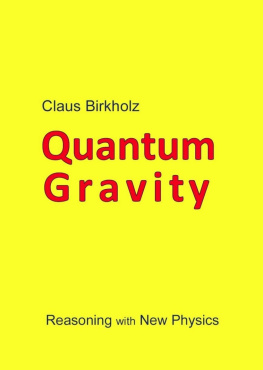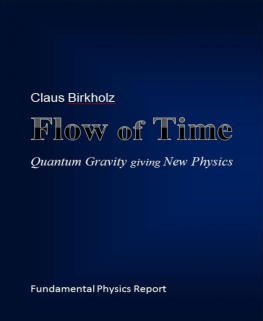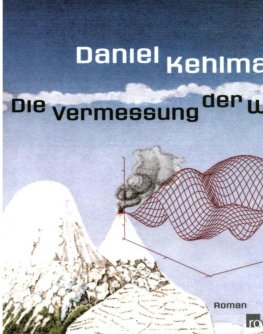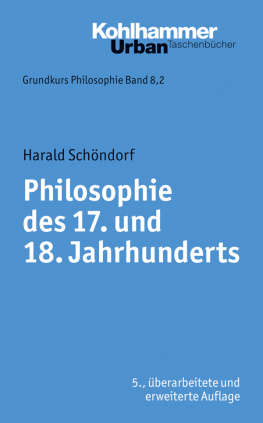Intellect vs. Dogmas
Compared to other organized cell clusters, human beings have the opinion to be characterized by their intellect.
As parts of nature, humans try to create images of their sensory impressions on their own embedding in the enclosing nature. As time goes by, the wealth of those particular images will consolidate to their individual conceptions of the world consisting of memories of sequences of events, which step by step are condensing to some if then patterns. In some abstracted or even skewed way, those accumulated sequence patterns are providing the base of the intellect his behaviour will be following.
Progressively, his behaviour will rest upon the experience how previous events had passed by remembering those ones his brain has stored in some order of priority and, now, is putting at his disposal as his experience. Experience is based on reproducibility.
Consequently, natur al sciences by definition are based upon patterns of behaviour which are reproducible , while theologies , essentially, require support by miracles, which are not reproducible:

This reproducibility of a schedule pattern might fail either due to the complexity of its composition of details this would be a failure by statistical reasons (too many alternatives to be checked) or they are of principle nature. The latter would include what we popularly are assigning to the result of a free will.
While a process accountable to natural sciences still will be considered as inevitable, we are attributing a decision out of ones free will to an individual responsibility according to some moral category: actions will be judged to be good or evil depending on their public welfare or harm.
Historically as well as in the present time, the fuzziness of the notion public welfare pushed the gates wide open towards the misuse of notions like good and evil. In the historical context, thus, interested elites, again and again, went restricting the common welfare to their own, subjective welfare. For the purpose of camouflage, people, in daily life, then are going to lay the blame of their own responsibility for such a corrupt behaviour on alleged orders by superior authorities.
If there is no such authority, then they are going to invent some. In prehistory, thus, little goblins teasing us (compare the Burmese Nats, e.g.) commuted towards a world of gods the blame for everything inexplicable could be pinned on. Particularly, those mental clan chiefs loved to make use of this comfortable method in their role of a shaman.
We are well familiar with that kind of patronizing arrogance of the stronger or of the varmint, respectively. We are ascribing those barbaric excesses like inquisition, Kali rituals, or Djihadism to the dark Middle Ages before the Age of Enlightenment, and we prefer to dissociate ourselves from such a blind fanaticism.
On the other hand, however, still in our present era said to be that objective, a failure due to reproducibility by statistical reasons based on some personal insufficiency often will be sold as some principle failure, provided that misinterpretation just is fitting well into the actually dominating zeitgeist. Thus, the arbitrary restriction of generality of a thesis formulated more generally would be inadequate.
There are those well-intentioned dogmas born out of the arrogance of an anticipatory obedience towards the just prevailing mainstream which often are thwarting scientific progress for decades, if not for centuries to come (remember those strings, e.g.).
Meanwhile, medicinal and scientific evidence more and more is pointing in the direction that our intellect only might be regarded as the operating mode (not yet perfectly elucidated) of some kind of software (soul) of some basic physical hardware (body) and that without that substance of hardware it could not endure:

In order to maintain historically grown prejudices if of religious nature (good and evil) or of some generally dogmatic nature (for the sake of domination) the myth of a free will is cultivated still to-day thus massively impeding progress in fundamental research.
Insofar, research on a scientific base, which only applies truly reproducible events but, nevertheless, admits statistical effects, too, will give results lying on the safe side provided it defines:

The ultimate target of fundamental research is it to trace all natural sciences back to physics as it could be achieved successfully for chemistry already.
Now, physics itself is plagued by the conflict between simple, atomistic statements on the one side and often hopelessly complex, statistical effects as they are originating cumulatively from assemblies of a great multitude of individual data on the other side. Classical continuum physics is gluing up both effects. Except in quantum theories, physics always succeeded in reducing a continuum to its atomistic components. Continuous systems, then, according to the law of great numbers, are to be interpreted as artificially continualized interpolations of a multitude of individual effects. Topics: emergence (see below), measuring process, (cf. later).
Thus, it might be disputed splendidly if the limits of measuring accuracy are of purely statistical or of principle, non-recoverable nature. The history of physics is teaching us that up to that special case of quantum theories recoverable effects of statistics always had been active so far.
By the advance of technique, the apparent continuity always resolved itself as a temporary insufficiency to separate neighbouring details from each other when their values had been extremely great. Premature assumptions allocated by brute force roughly reflected the results temporarily, but they did not withstand a later, more precise check.
Exactly this still is the case with Schrdingers wave mechanics. At the top level of physical institutions claiming for themselves to call the shots on the field of all research, a social class tending to dogmatism tries to cut the Gordian knot of a Quantum Gravity, which, at least officially, is said not yet to be discovered, by the totally inaccurate assertion that, by Bells no-go theorem, quantum theory and General Relativity are contradicting each other.
According to Bell there are no hidden parameters in quantum theories permitting Schrdingers wave statistics to be reduced to standard statistics. Their call for some totally New Physics means enshrining a binding commitment for an asymptotic description where just its disintegration into detailed substructures is the requirement of the hour! (Cf. Einsteins unsuccessful reminder: God does not play dice.)
Now, in the course of a BBC interview, Bell himself had pointed to the fact in 1985 already that his no-go statements are based on the existence tacitly assumed of a free will :















